
Paul Newman, a name synonymous with a certain effortlessly cool charisma and unparalleled acting prowess, would have celebrated his centennial this year. Even if he were still among us, it is unequivocal that he would remain the coolest centaurian on the planet. His magnetic presence, a blend of rugged charm and profound depth, captivated audiences across generations, defining an era of Hollywood stardom that few have ever matched. From his early days as a young actor through his seasoned years, Newman epitomized an enduring sense of cool that permeated every role he inhabited.
Indeed, the legacy of Newman is built upon a foundation of extraordinary performances in films that have become indelible classics. One immediately recalls the raw intensity of “Cool Hand Luke,” a 1967 prison drama so profoundly impactful that one might argue it deserves a place in every school curriculum, alongside Maths and Physics. It is a film so compelling that it could anchor marriage vows: “I promise to love, honour and sit down and watch Cool Hand Luke with you on several occasions.” Such was the power of his presence, even in a single iconic role, that his reputation would be cemented in history. Yet, for all his triumphs, even a legend like Newman faced pivotal moments of decision, choices that, in retrospect, carried the weight of profound regret and fascinating ‘what ifs.’
Like many actors blessed with such remarkable longevity and a storied career, Newman occasionally found himself at a crossroads, where paths not taken or opportunities declined cast a long shadow. These decisions, though perhaps made with sound reasoning at the time, evolved into memorable instances of introspection and, at times, a candid admission of error. It is in exploring these very moments—the roles he turned down, the artistic contributions he underestimated, and the sheer cultural phenomena he nearly became a part of—that we gain a more intimate understanding of the man behind the legendary blue eyes, revealing a human vulnerability amidst his colossal success.
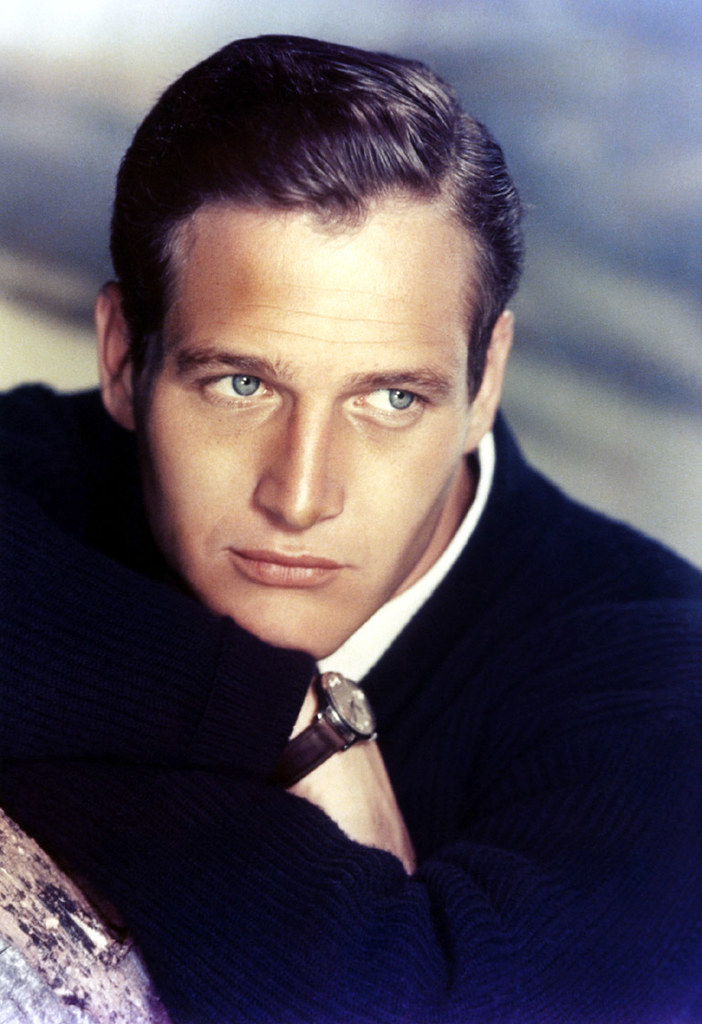
1. **The Lead in Bob Fosse’s “All That Jazz” (1979)**Among the significant roles Paul Newman chose to pass on, the lead in Bob Fosse’s acclaimed 1979 musical, “All That Jazz,” stands out as a particularly poignant regret. The role, which eventually went to the talented Roy Scheider, depicted an obsessive stage director, a character based on Fosse’s own tumultuous experiences in showbiz. The film was met with widespread critical adoration, earning accolades and cementing its place as a cinematic masterpiece, even prompting Stanley Kubrick, a director of unparalleled vision, to declare it “The best film I have ever seen.”
Newman was indeed offered this pivotal role, an opportunity that he later recounted as one of the major missed opportunities of his highly successful career. His reflections on the decision were remarkably candid and self-critical, offering a rare glimpse into the mind of an actor known for his meticulous craft. When questioned by a reporter about his feelings after witnessing the completed film, Newman’s response was direct and imbued with genuine regret: “It was just dumb of me. I was just so stupid, I didn’t take into consideration what the contribution of the director was going to be. That was a terrible oversight.”
This admission speaks volumes about the complexity of an actor’s choices and the often-unforeseeable confluence of talent that brings a film to life. For Newman, his failure to fully appreciate Fosse’s directorial genius at the time was a source of lasting professional remorse. The film’s success, both critically and artistically, served as a stark reminder of the brilliant narrative and stylistic risks Fosse took, crafting a work that resonated deeply with audiences and critics alike, making Newman’s absence from its starring role all the more notable in the annals of Hollywood lore.
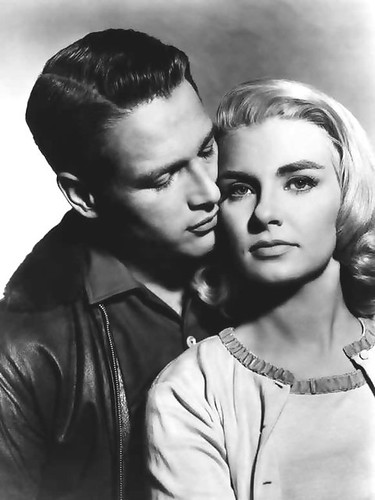
2. **Underestimating Director Bob Fosse**Paul Newman’s regret over “All That Jazz” stemmed primarily from what he termed a “terrible oversight”—his underestimation of Bob Fosse’s contribution as a director. Fosse, a figure of immense talent in his own right, brought a unique and profound vision to the project, rooted in his extensive background. He was a former dancer and choreographer, whose career in showbiz spanned more than thirty years, granting him an intimate and visceral understanding of the world depicted in the film. This personal connection imbued “All That Jazz” with an authenticity and emotional depth that was widely lauded.
Fosse’s directorial acumen was not without prior recognition. He had already garnered an Academy Award nomination for helming the comedy biopic “Lenny,” starring Dustin Hoffman, some five years prior to “All That Jazz.” This earlier success should have perhaps signaled his significant capabilities behind the camera. Yet, Newman, for reasons he openly acknowledged as “stupid,” failed to fully grasp the transformative power Fosse would bring to the material, leading him to decline a role that would ultimately become iconic.
Fosse himself was a highly decorated artist, having collected an Academy Award, several Emmys, and Tonys throughout his illustrious career, only missing out on a full set by not having a Golden Globe. This impressive array of accolades underscores his multidisciplinary talent and artistic weight. Newman’s decision to underestimate such a seasoned and proven talent serves as a compelling lesson in the unpredictable nature of creative collaboration and the occasional misjudgment even the most astute professionals can make in the ever-evolving landscape of cinema. It was a moment where a deeply personal and artistic vision, brilliantly executed by Fosse, truly highlighted a pathway Newman wished he had taken.
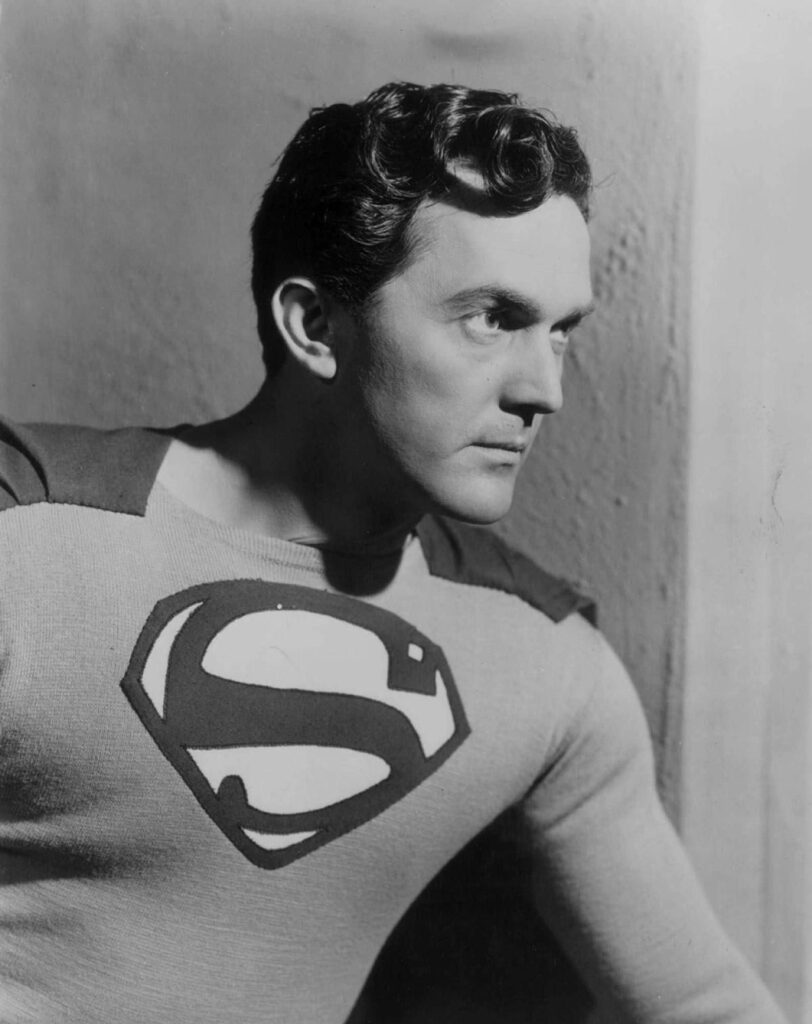
3. **The Role of Jor-El in “Superman” (1978)**In the late 1970s, as the cinematic industry stood on the cusp of significant change, producer Ilya Salkind, alongside his late father Alexander Salkind and childhood friend Pierre Spengler, embarked on an ambitious journey: to bring Superman to the big screen. This visionary mission aimed to establish a definitive cinematic portrayal of the Man of Steel, a quest that would forever redefine the superhero genre. In these nascent stages of what would become an unforgettable saga, the name Paul Newman emerged as a leading contender for not one, but a remarkable trifecta of roles within the highly anticipated “Superman” saga.
Newman was presented with the extraordinary offer to portray Jor-El, Superman’s Kryptonian father, alongside Lex Luthor and Superman himself. The role of Jor-El, though brief in screen time, carried immense gravitas, establishing the ethical and emotional bedrock for the entire narrative. It was a role that demanded a powerful, commanding presence, capable of conveying the wisdom and despair of a dying civilization. Given Newman’s established screen presence and dramatic depth, he was an ideal candidate to lend this foundational character the necessary weight.
His decision, however, was to turn down all three superhero roles. This choice, at the time, might have seemed inconsequential, merely another offer in a long line of opportunities for a celebrated actor. Yet, it would unwittingly determine a different course for the franchise and, as history now reveals, become a source of significant regret for Newman, particularly as the film garnered immense success and the specific contributions of actors like Marlon Brando in the role of Jor-El became a legendary tale of Hollywood negotiation and unparalleled earnings.
Read more about: Flying High: These 14 Superman Movies Are So Good, They’re Practically Perfect!
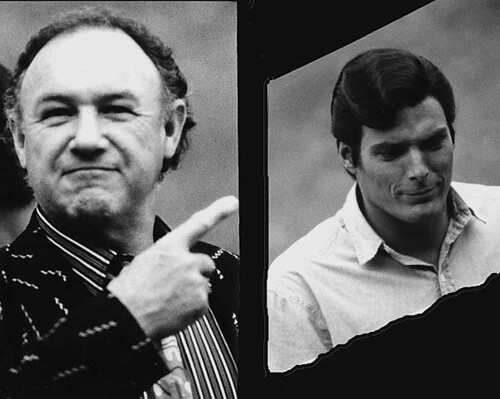
4. **The Role of Lex Luthor in “Superman” (1978)**The opportunity extended to Paul Newman for the 1978 “Superman” film was not limited to the noble Jor-El; it also encompassed the pivotal role of Lex Luthor, the iconic supervillain. Lex Luthor, a character defined by his brilliant intellect, insatiable ego, and ruthless ambition, serves as Superman’s ultimate foil. This complex villain requires an actor capable of portraying cunning, menace, and a certain charismatic villainy, characteristics that Newman, with his nuanced range, could undoubtedly have brought to life in a memorable fashion.
Newman’s refusal of this role, alongside the others, opened the door for another actor to define the character for a generation. While the film was set to become a groundbreaking cultural phenomenon, Newman’s decision to step away from such a significant part meant missing an opportunity to explore a different facet of his acting repertoire—that of a formidable antagonist. His career had, by this point, showcased his versatility, but a role like Lex Luthor would have allowed him to delve into a darker, more Machiavellian persona, contrasting sharply with his often-heroic or morally complex protagonists.
The context explicitly mentions that Newman was offered a “trifecta of roles” – Jor-El, Lex Luthor, and Superman. His decision to decline all three was a pivotal moment not just for him, but for the trajectory of the burgeoning superhero genre. His absence from the role of Lex Luthor meant that a different actor would shape the cinematic interpretation of this classic villain, contributing to a legacy that, while successful, saw Newman on the sidelines of a phenomenon he could have been central to, a decision he would come to deeply regret, especially in light of the subsequent financial and cultural impact of the film.”
Read more about: Popular Films That Will Make You Shout ‘Wait, That’s It’ After Their Truly Terrible Endings
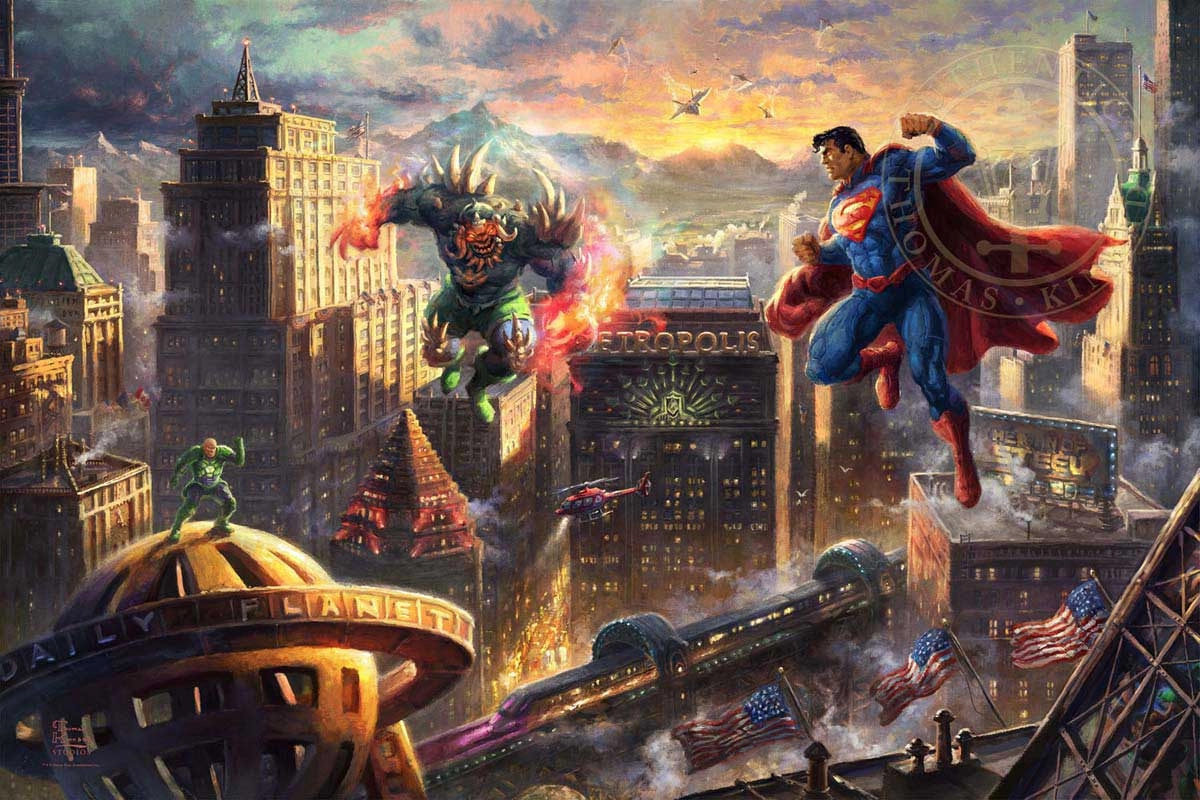
5. **The Man of Steel That Never Was: Newman’s Superman Choice**Having been offered the veritable “trifecta” of roles in the burgeoning “Superman” saga, Paul Newman’s decision to decline not only Jor-El and Lex Luthor but also the iconic title character himself represents perhaps the most intriguing and consequential “what if” of his career. The mere notion of Newman, with his unparalleled blend of rugged charisma, piercing blue eyes, and inherent cinematic heroism, donning the legendary red and blue suit conjures a powerful alternate reality for film history. It was a moment brimming with potential, a path that could have indelibly stamped his image onto a burgeoning genre, but one he ultimately chose not to traverse, opening the door for a different kind of legend to emerge.
This monumental opportunity, once respectfully passed over by Newman, found its eventual, and now iconic, champion in the relatively unknown Christopher Reeve. A fresh face to mainstream audiences, Reeve had honed his craft in the more intimate settings of soap operas and the legitimate theater, a background that perhaps surprisingly prepared him for the colossal task ahead. His transformative portrayal was nothing short of brilliant, masterfully balancing the awkward, unassuming demeanor of Clark Kent with the commanding, almost divine presence of Superman. Reeve didn’t simply play the role; he breathed life into it, imbuing the character with an earnestness, strength, and quiet dignity that captured the essence of the comic book hero with unprecedented authenticity, thus establishing a cinematic benchmark for every superhero actor who would follow.
As the “Superman” films soared to unprecedented heights, achieving a staggering cumulative box office exceeding $300 million and swiftly cementing themselves as profound cultural phenomena, one can only speculate on the layers of introspection Newman might have experienced. The franchise’s impact resonated far beyond the silver screen, embedding itself deeply into the global consciousness and becoming a symbol of hope and justice for an entire generation. It’s not at all difficult to envision the veteran actor, celebrated though he was for his own iconic roles, casting a contemplative glance at the soaring red cape and witnessing the worldwide adoration for Reeve’s definitive performance, perhaps pondering the unique legacy he might have claimed as the original, cinematic Man of Steel.
Indeed, the allure of the Superman role transcended mere personal fame, which Newman already possessed in abundance. This was an opportunity to shape a cultural touchstone, to become the definitive face of a character that transcended the realm of entertainment to embody universal ideals. To have been presented with such a pivotal, epoch-defining role – one that promised to etch an actor’s image into the very fabric of popular culture for eternity – and to have ultimately declined it, vividly illustrates the unpredictable nature of career decisions. Such choices, particularly when viewed through the often-unforgiving lens of hindsight and blockbuster success, underscore the complex interplay of timing, perception, and destiny that defines a Hollywood career.
Perhaps at the time, the superhero genre had not yet achieved the formidable artistic and commercial credibility it commands today. Actors of Newman’s gravitas might have viewed such roles with a degree of skepticism, seeing them as less aligned with the serious, character-driven dramas for which he was revered. Yet, as history unfolded, “Superman” proved to be a groundbreaking cinematic achievement, blurring the lines between genre entertainment and compelling storytelling. Newman’s decision, then, reflects not a lack of foresight but rather the inherent challenge of predicting the future cultural resonance of a project, a challenge that even the most astute professionals in the industry face.
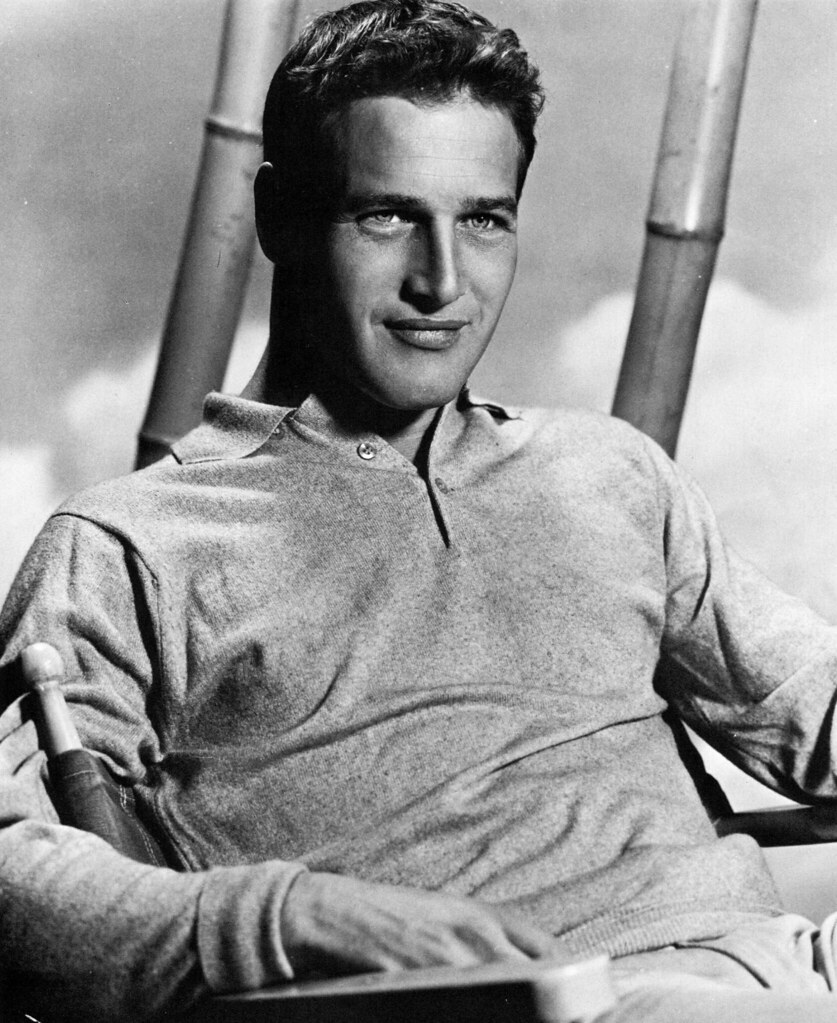
6. **Brando’s Bargain: The Astounding Financial Impact of Jor-El**While Paul Newman’s regrets concerning the “Superman” roles were undoubtedly rooted in both personal and artistic considerations, the narrative is rendered even more compelling by the staggering financial dimension that emerged, dramatically underscoring the magnitude of his missed opportunity. The involvement of Marlon Brando, another towering figure in acting, in the relatively brief yet profoundly pivotal role of Jor-El, quickly evolved into a legendary tale of Hollywood negotiation, setting a precedent for unparalleled earnings and illustrating the sheer power of an undeniable star. This particular facet of the story, according to producer Ilya Salkind, reportedly left Newman utterly “stunned” and on the verge of a “heart attack” when he eventually learned the astonishing details.
Brando, a known enigma celebrated as much for his mercurial genius as for his unconventional approach to his craft and to life itself, brought his unique brand of theatricality to the “Superman” project from its very inception. Meetings with the creative team, ostensibly arranged to discuss minor costume particulars, often became mini-dramas in themselves, famously orchestrated with Brando keeping his collaborators waiting, only to dramatically reveal his presence with a flourish. This inherent theatricality extended into his creative suggestions for the character of Jor-El, including the now-infamous, utterly outlandish idea of portraying Superman’s Kryptonian father not as a man, but as a “green bagel with his voice” — a proposition that director Richard Donner, with remarkable poise and professional calm, steadfastly and firmly dismissed.
Despite these eccentricities and his comparatively brief screen time, Brando, or perhaps his formidable agents, managed to secure an absolutely astonishing financial package that reshaped industry perceptions of star power. He commanded an unprecedented $3.7 million upfront payment, a sum virtually unheard of for what was essentially a glorified cameo in the late 1970s. But the financial wizardry did not stop there; Brando was also granted a substantial share of the film’s gross receipts, a percentage that ultimately ballooned into an additional $19 million. This phenomenal payout for what amounted to just a few powerful, gravitas-laden scenes firmly cemented Brando’s reputation not only as an actor of singular talent but also as a master negotiator whose presence, however fleeting, commanded an almost mythical, and certainly unprecedented, premium.
It was this jaw-dropping revelation of Brando’s extraordinary earnings that reportedly sent veritable shockwaves through Hollywood, reaching even the august ears of Paul Newman. Producer Ilya Salkind vividly recounted Newman’s visceral reaction, stating quite plainly that, after learning of Brando’s incredible haul, “[Marlon Brando] made $19 million. Paul Newman found out later and he almost had a heart attack.” This raw, unvarnished human reaction from an actor of Newman’s legendary stature offers a rare, intimate glimpse into the competitive and often fiercely financially driven undercurrents that perpetually flow beneath the glamorous surface of Hollywood. It wasn’t simply the artistic regret of missing out on iconic roles; it was also the deeply palpable financial sting of foregoing a fortune, a disparity made all the more acute by the limited screen time for which Brando was compensated, which undoubtedly intensified Newman’s profound introspection.
This episode transcended mere celebrity gossip; it became a pivotal moment in Hollywood’s economic history. Brando’s audacious deal for “Superman” not only demonstrated the immense leverage of a truly iconic star but also set a new, dizzying benchmark for how top-tier talent could negotiate their worth, particularly in franchise-building projects. For Newman, the missed opportunity was thus twofold: he not only passed on defining roles in a cultural juggernaut but also inadvertently sidestepped a financial windfall that could have been his. The tale of Brando’s bargain remains a potent illustration of the unpredictable intersection of artistic vision, commercial shrewdness, and sheer star power in the making of cinematic history.

7. **The Enduring Echoes: Newman’s Legacy and Hollywood’s Alternate Realities**The poignant choices Paul Newman made concerning “All That Jazz” and “Superman”—and his candid acknowledgments of subsequent regret—furnish a truly fascinating lens through which to explore the broader implications of pivotal career decisions within the ever-shifting landscape of Hollywood. While Newman’s illustrious career was, without question, magnificently paved with countless triumphs, critical accolades, and a myriad of indelible performances, these specific instances of introspection highlight how even the most established and revered stars must perpetually grapple with uncertainty, the subtle pull of artistic instinct, and the formidable weight of “what ifs” that possess the power to subtly, yet profoundly, alter their overarching career narratives and public perception.
His candid admission of under-appreciating Bob Fosse’s singular directorial vision for “All That Jazz” serves as a compelling testament to the delicate, often unpredictable balance inherent in creative collaboration. It vividly underscores the elusive, almost magical synergy that can emerge when disparate, prodigious talents align, crafting something truly extraordinary. Fosse’s intensely personal film ultimately became a cinematic masterpiece, revered by no less a titan than Stanley Kubrick, who famously declared it “The best film I have ever seen.” This profound critical reception underscored the depth of the film’s artistry and storytelling, proving that sometimes, true genius resides in the unforeseen synthesis of a visionary director and his material—a synergy Newman initially, and regretfully, failed to fully grasp. It stands as an enduring reminder that even actors of Newman’s caliber, with their finely honed instincts, can occasionally misjudge the transformative potential of a project or the profound, almost alchemical power of a director’s unique contribution.
Similarly, his decision to decline the “trifecta” of roles in “Superman” meant Newman consciously, albeit perhaps unwittingly, opted out of a cultural phenomenon that would not only redefine the superhero genre but also set the standard for cinematic blockbusters for decades to come. While his career continued to flourish with critically acclaimed and commercially successful roles in films such as “The Verdict,” “The Color of Money,” and “Nobody’s Fool,” he remained, by choice, an observer as the “Superman” franchise soared to unprecedented heights of global adoration. The sheer scale of its success, both commercially and culturally, coupled with the astronomical earnings secured by co-star Marlon Brando, served as a potent, perpetual, and tangible reminder of a path not taken—a distinct legacy left unclaimed within a burgeoning cinematic universe that he could have helped inaugurate.
These intimate episodes offer a truly revealing, humanistic look at Paul Newman, delving beyond the meticulously crafted, effortlessly cool, and perpetually collected persona he so often projected on screen. They serve to humanize him, demonstrably showing that even legends, seemingly invincible in their professional triumphs, are not immune to introspection, moments of self-doubt, and the all-too-familiar pangs of professional regret. Moreover, these instances illuminate the profound human element embedded within the often-glamorous world of filmmaking, reminding us that behind every iconic performance and every cinematic classic lies a series of choices, some inspired, some regretted, all contributing to the complex tapestry of a career. Newman’s willingness to openly discuss these missed opportunities, rather than glossing over them, speaks volumes about his authenticity and intellectual honesty.
Ultimately, Paul Newman’s extraordinary career stands as an enduring testament to unparalleled talent, unwavering artistic integrity, and a profound dedication to his craft. Yet, these particular, candidly expressed moments of regret powerfully underscore a universal truth applicable to all endeavors: that every path taken, and indeed every path thoughtfully declined, contributes inextricably to the rich, intricate, and often surprising tapestry of a life’s work. His openness about these particular missed opportunities doesn’t in any way diminish his monumental legacy; rather, it serves to illuminate the profound humanity and thoughtful, almost philosophical, consideration that resided behind the dazzling, intelligent blue eyes of a true cinematic icon. His journey, marked by both triumph and reflection, offers a timeless lesson on the indelible impact of choice, even for the immortals of the silver screen.



